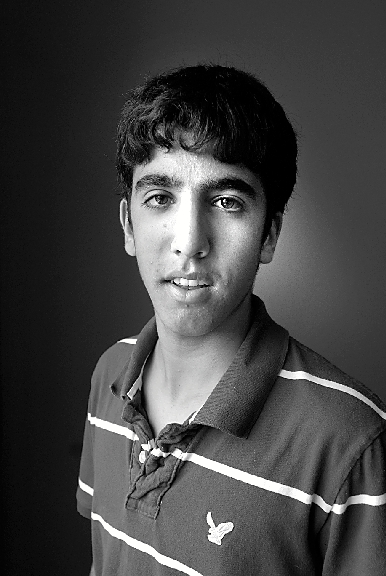Tackling African issues on the ground, not from Washington
Editor's note: Bornstein is a student at Kennedy High School, which has students from Merrick and Bellmore.
Working comfortably in their spacious Washington offices, foreign aid officials are missing all the action on the ground. If only they could see what people like Solomon Edwin Kayiwa and Lillian Aero Olok are doing to transform communities in Uganda.
Solomon and Lillian are both student scholars of an organization, Educate!, that empowers young individuals to launch initiatives enabling local people to deal with local problems. Educate! selected them from among candidates of 24 Ugandan high schools, and then placed them in a curriculum that culminates with the opportunity to craft a creative project.
Determined to battle local environmental issues, Solomon started a tree-planting project, backed by the local government's donation of 20,000 tree seeds. Lillian tailored her project toward women with AIDS; she taught them to make jewelry from recycled paper and helped them to export the jewelry.
The innovative designs of Solomon and Lillian represent a stark rebuttal to the foreign aid infrastructure. Rather than send dollars to African governments-many of which are unaccountable to their people-we need to put the power in the hands of local leaders. There will always be a disconnect between Western aid agencies and the realities on the ground in Africa, precisely because it's impossible for Western officials to truly grasp the struggles of rural Africans.
Rather, as Solomon and Lillian demonstrate, the people of Africa need to be taking responsibility for their own problems. These two young people are examples of how, even in the least developed nations, talent and passion surely do exist. Yet sometimes it may require innovative nonprofit organizations to unlock that talent.
And that's where the Educate! group comes into play. The rigorous curriculum prepares the student scholars to take on leadership roles and makes them highly visible among adults. "A lot of teachers told me, 'You could tell that this student is in the Educate program,'" said Boris Bulayev, president of Educate!. "The teachers said every class should be more like Educate!."






